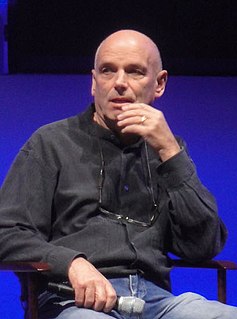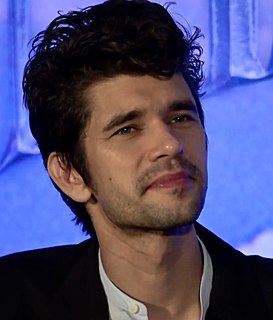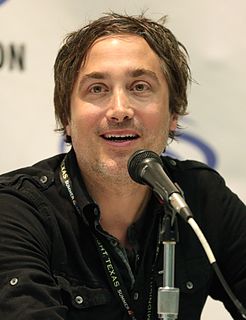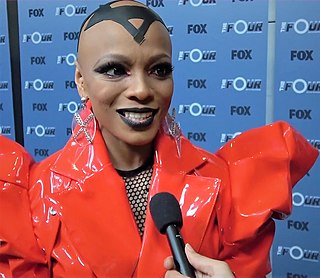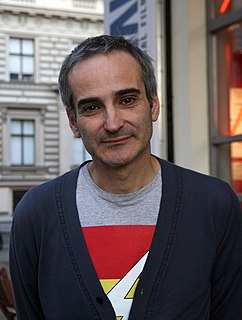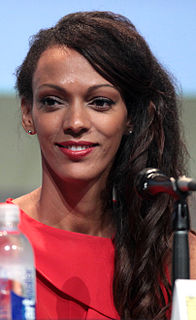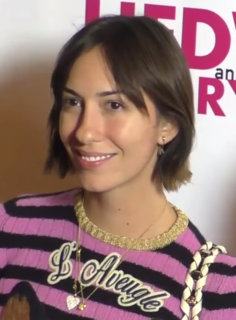A Quote by Peter Jackson
I love writing, and I love postproduction. That's great, because you start to reassemble the film, and you sit there, and you start to really put the film together, finally. The shooting of it is the most stressful part of the process.
Related Quotes
I like pre-production and post the best. I don't like shooting at all. I find it grueling and tough, but I love post and the whole process of seeing the film finally come together. You start ironing out all the rough spots, and the really bad bits you just throw away. So from day one of post to the last day, you see nothing but improvements.
I've actually done more [music for] films than television. I love the process of writing for a film. I love that you are creating this suite of music for a film, that's all tied together sonically and thematically and hopefully people associate with the film. They all are meaningful to me in different ways.
I think any start has to be a false start because really there’s no way to start. You just have to force yourself to sit down and turn off the quality censor. And you have to keep the censor off, or you start second-guessing every other sentence. Sometimes the suspicion of a possible false start comes through, and you have to suppress it to keep writing. But it gets more persistent. And the moment you know it’s really a false start is when you start … it’s hard to put into words.
I hate to write and spend months just waiting for the film to get financed. Then when you start preparing the film and you shoot it, you've already forgotten why you wanted to make the film in the first place. I like to have some kind of coherent energy that takes you through writing, preparing, shooting.
If you make a film, that magic is not there, because you were there while shooting it. After writing a film and shooting it and being in the editing room every day, you can never see it clearly. I think other people's perception of your film is more valid than your own, because they have that ability to see it for the first time.


